https://ebookgate.com/product/arab-cinema-historyand-cultural-identity-viola-shafik/

Download more ebook from https://ebookgate.com
More products digital (pdf, epub, mobi) instant download maybe you interests ...
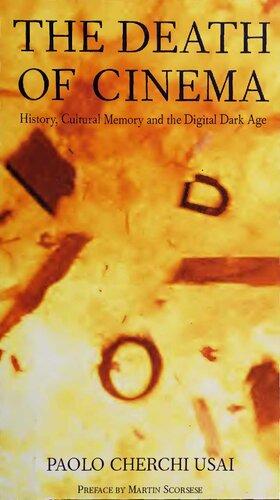
Death of Cinema History Cultural Memory and the Digital Dark Age Paolo Cherchi Usai
https://ebookgate.com/product/death-of-cinema-history-culturalmemory-and-the-digital-dark-age-paolo-cherchi-usai/
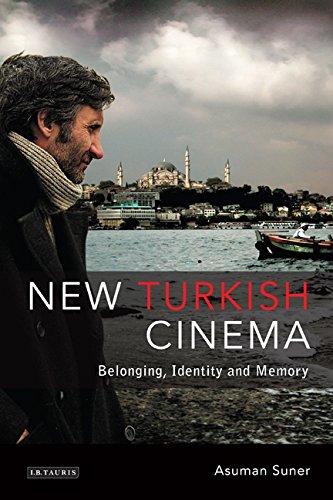
New Turkish cinema belonging identity and memory Asuman Suner
https://ebookgate.com/product/new-turkish-cinema-belongingidentity-and-memory-asuman-suner/

Performing the Modern German Performance and Identity in Contemporary German Cinema New Studies in European Cinema Matthias Uecker
https://ebookgate.com/product/performing-the-modern-germanperformance-and-identity-in-contemporary-german-cinema-newstudies-in-european-cinema-matthias-uecker/

The Arab National Project in Youssef Chahine s Cinema 1st Edition Malek Khouri
https://ebookgate.com/product/the-arab-national-project-inyoussef-chahine-s-cinema-1st-edition-malek-khouri/
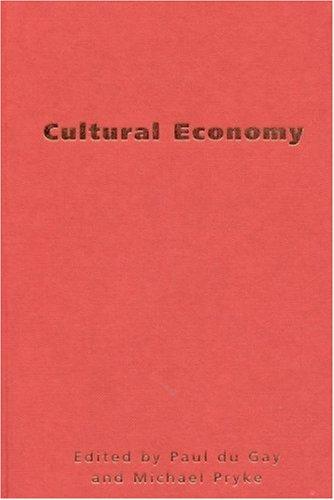
Cultural Economy Cultural Analysis and Commercial Life Culture Representation and Identity series 1st Edition
Paul Du Gay
https://ebookgate.com/product/cultural-economy-cultural-analysisand-commercial-life-culture-representation-and-identityseries-1st-edition-paul-du-gay/

Arab Culture Identity and the Novel Genre Identity and Agency in Egyptian Fiction Routledge Studies in Middle Eastern Literatures 1st Edition Muhammad Siddiq
https://ebookgate.com/product/arab-culture-identity-and-thenovel-genre-identity-and-agency-in-egyptian-fiction-routledgestudies-in-middle-eastern-literatures-1st-edition-muhammadsiddiq/
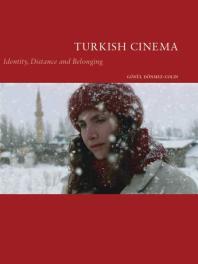
Turkish Cinema Identity Distance and Belonging 1st Edition Gönül Dönmez-Colin
https://ebookgate.com/product/turkish-cinema-identity-distanceand-belonging-1st-edition-gonul-donmez-colin/

Alcohol a social and cultural history Holt
https://ebookgate.com/product/alcohol-a-social-and-culturalhistory-holt/

Globalized Arts The Entertainment Economy and Cultural Identity 1st Edition J.P. Singh
https://ebookgate.com/product/globalized-arts-the-entertainmenteconomy-and-cultural-identity-1st-edition-j-p-singh/


This page intentionally left blank
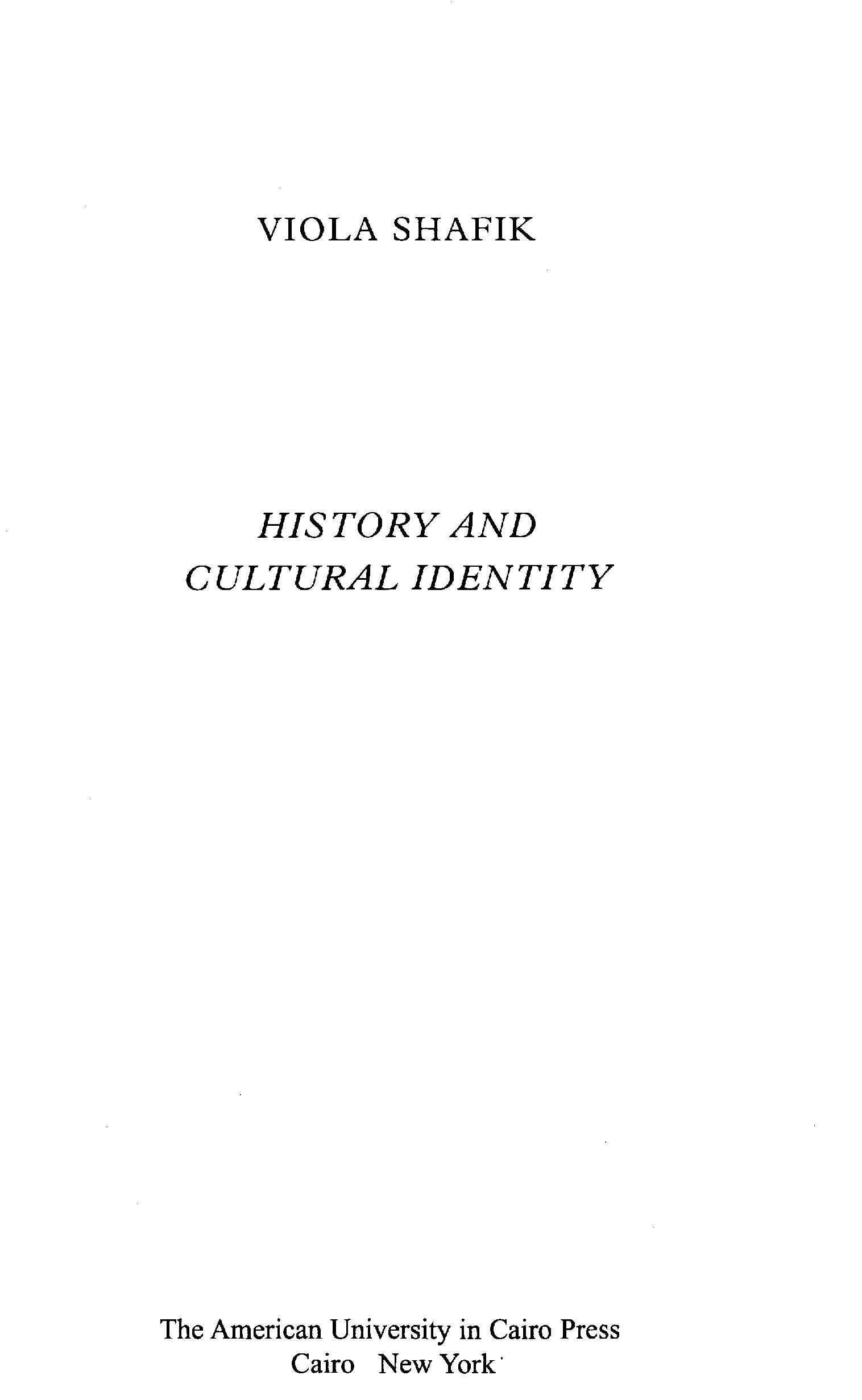

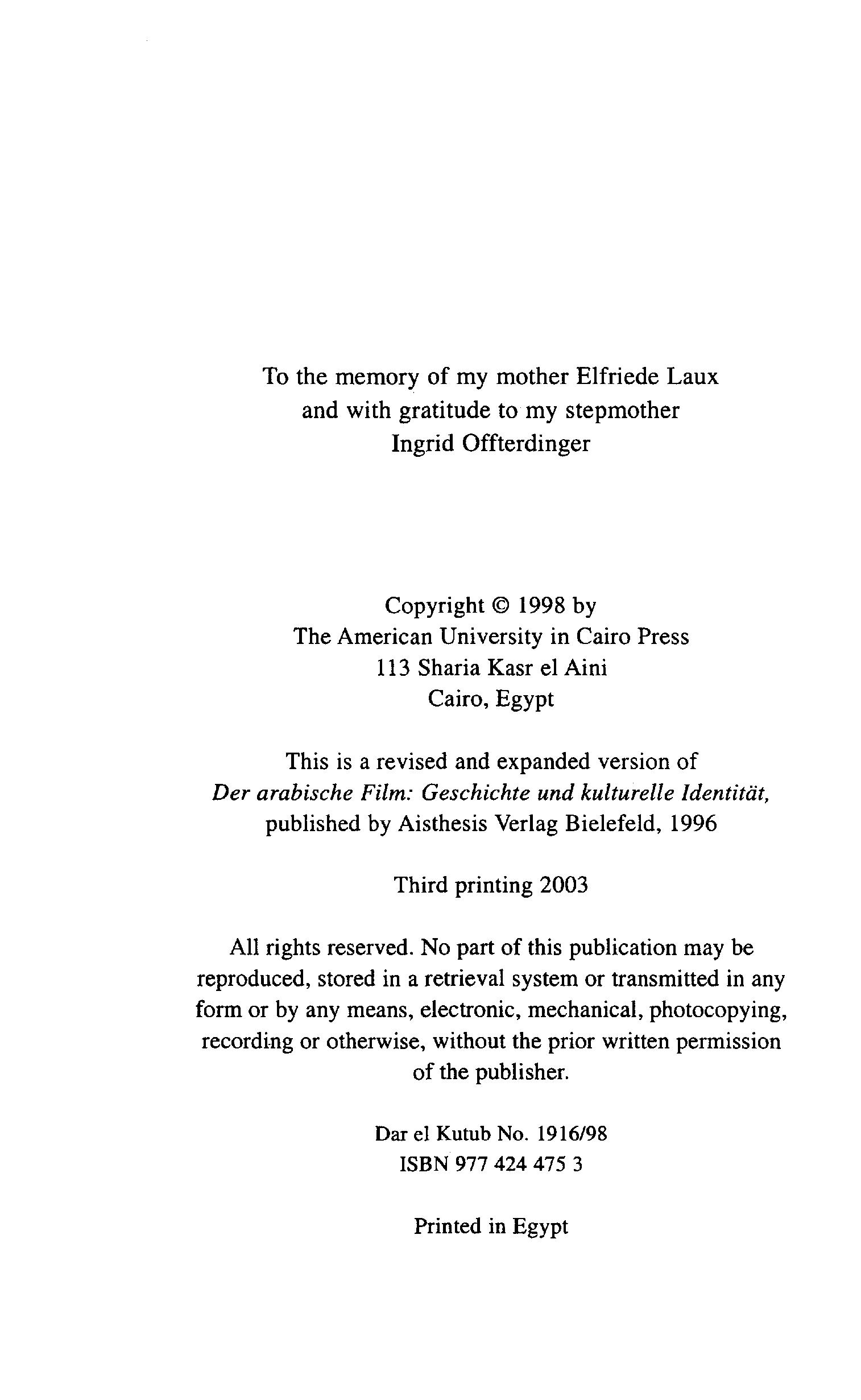
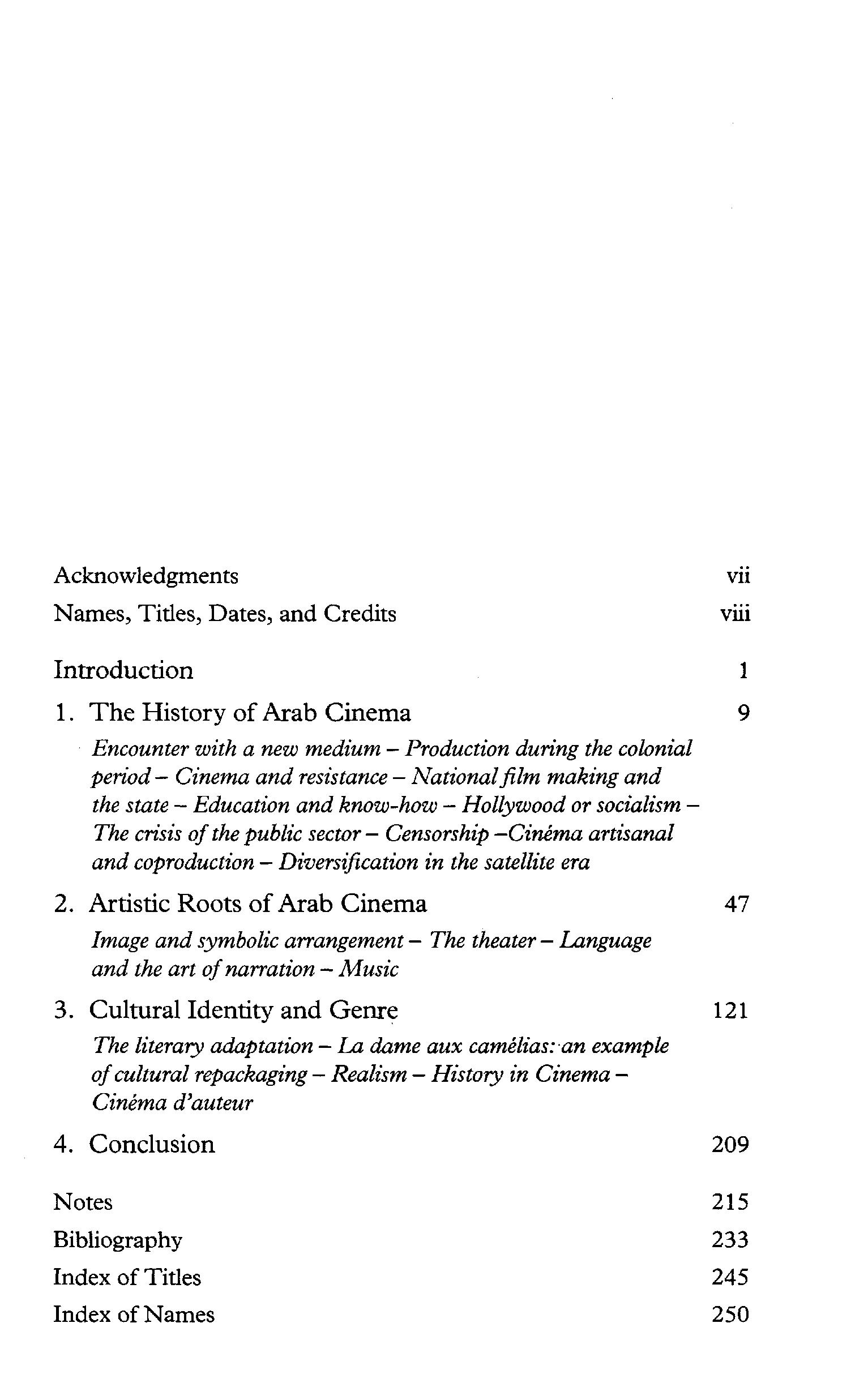

This page intentionally left blank
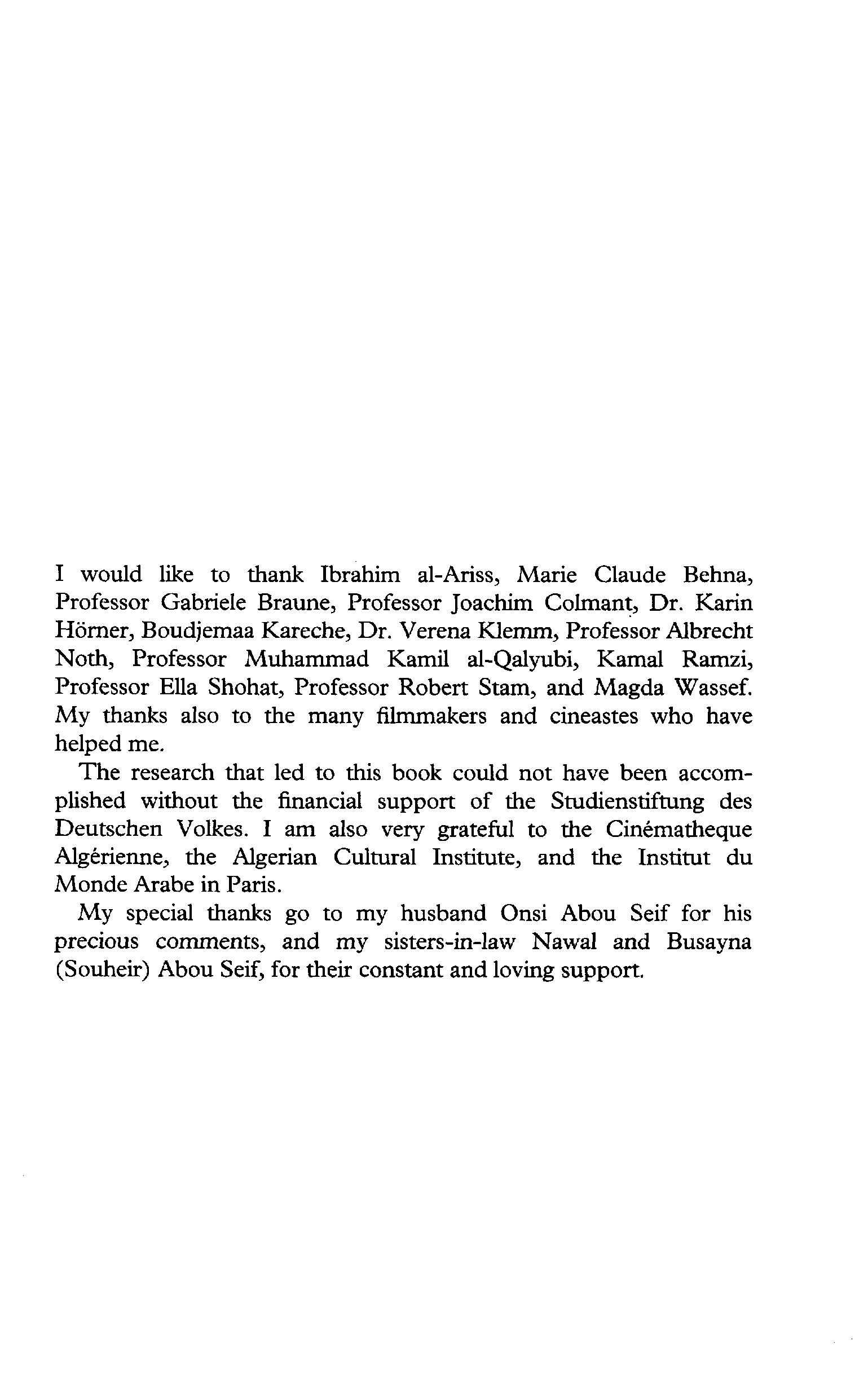








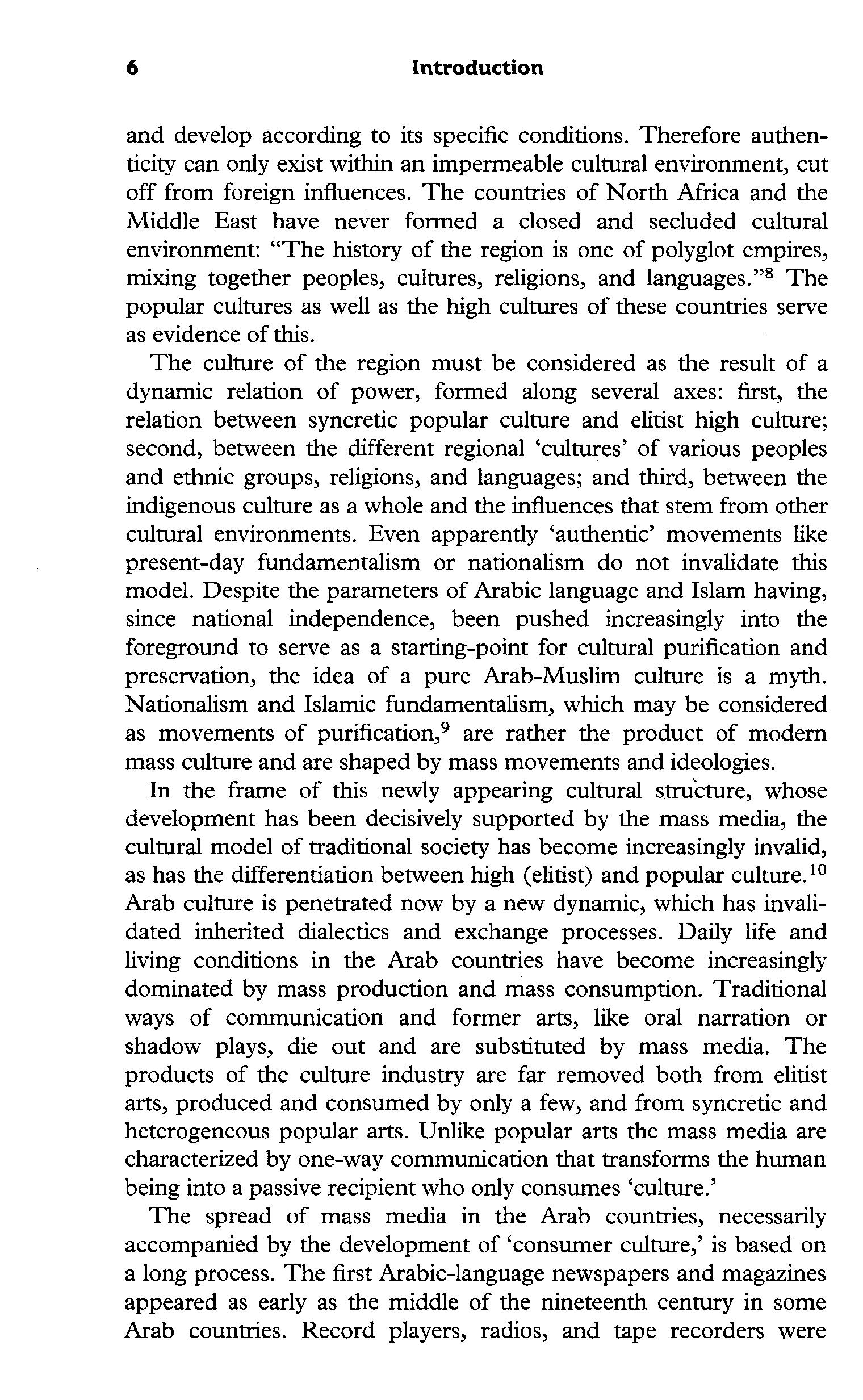
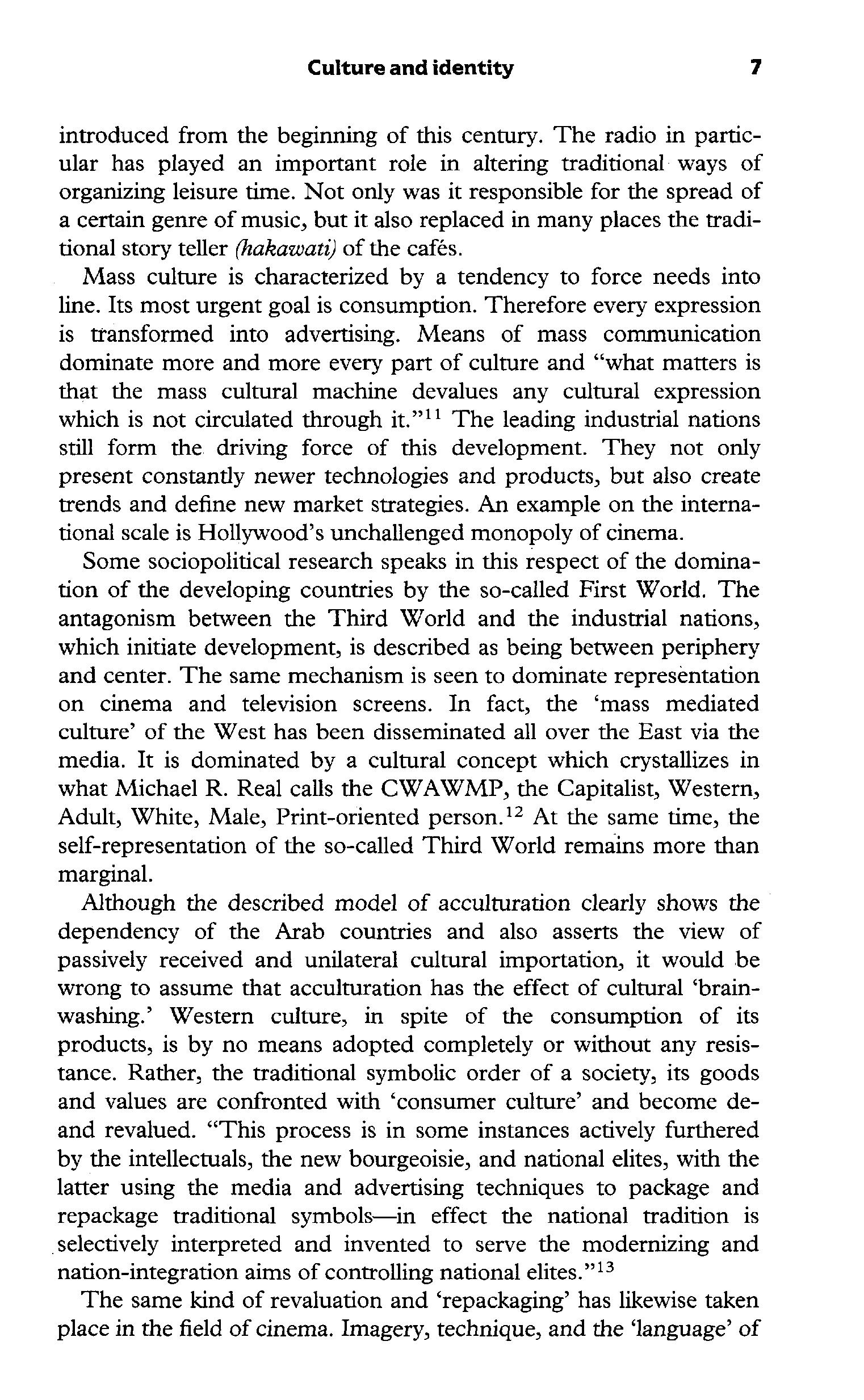








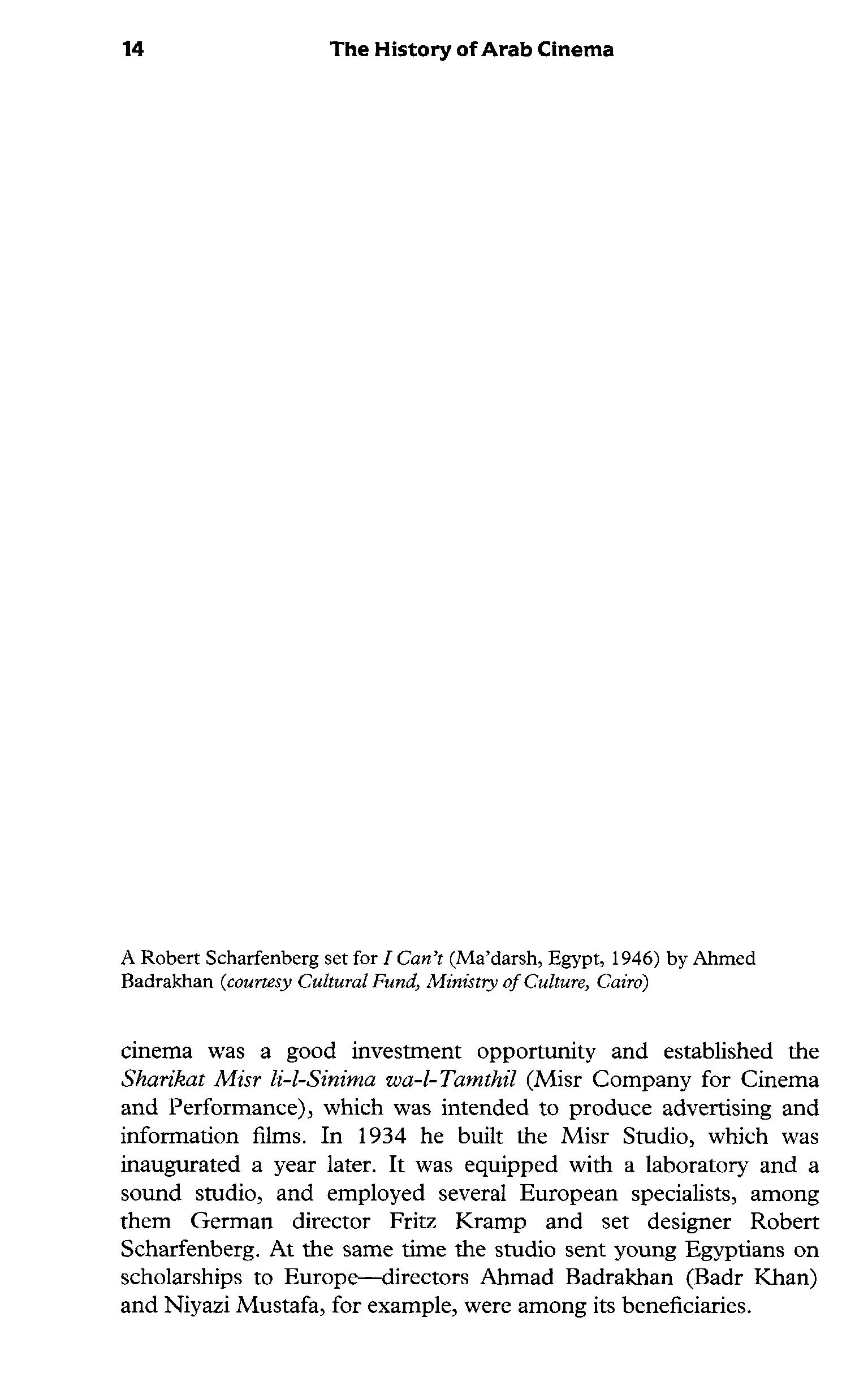









Another random document with no related content on Scribd:
III
“...Of course, my dear nephew, you must stay with us until you have found a comfortable and suitable home for yourself in the city....”
So had David’s aunt, Lauretta Deane, written to him and made him somehow doubt the amiability of the lady, despite the fact of her welcome. He had never met the family of his uncle. He felt a significance in this. His mother used at times to talk of Aunt Lauretta as of a fortunately distant fact.
“Your father and Uncle Anthony never did seem to get along,” she said. That perhaps disposed for her of Anthony’s wife.
Mr. Deane answered the bell.... David stepped into a naked hall, hanging in camphored drapery. The varnished floor swept away in parabolic shadows; the bannisters of the stair were a red lacquered flourish, a sort of scrolled battalion along red, lacquered steps. There was his uncle, rather hot, coatless, diminished.
“Well—glad to see you, my boy.... Have a good journey?”
David was looking for more glory. It struck him that the house was bigger, brighter than this man. The traditional Uncle Anthony seemed to require the setting of his visits to the little town. He mumbled amenably.
“Your aunt and your cousins are in the mountains.... I’m alone, as you see. Come in.”
He went before David up the stairs. They sounded hollow and yet they were bright.
“The parlor’s closed up for the summer. Step in here. Have a drink of something cool?”
“Just vichy, thank you.” His uncle moved toward the decanter beside the paper-littered chair where he had evidently sat.
David stood still, holding his cool glass and aware, though he looked beyond, of vagrant feathery bubbles in the water. Mr. Deane leaned over the decanter.
In the center of David’s mind was the scurry of papers—Sunday papers —on the floor, on the table, on the chairs. Chairs protruded flamboyant scrollery from under the drab gray of their summer dress, like little old
coquettes. Massive pictures heaved on the walls, and these were covered also and betrayed glimpses of finery of gilded frames. The family photographs were bare. David found himself sharply looking at a stentorian lady and two pretty girls with down-turned mouths. He drew his body toward his questioning uncle.
Mr. Deane found questions hard. Three times he asked if David had enjoyed his vacation: three times if he was ready for work. Then, with a sudden sympathy, it came to him that such solicitude was perhaps wearying.
“Better sit down,” he said. Gently. At last, “Well—I guess you’re tired. You can go to bed if you wish to. All ready for you, my boy, you see.”
There was a certain pride in his remark. David caught this. He did not understand. He was in a mood where what he did not understand he could not like.
He found his two legs not quite enough to stand on. He was uncomfortable, shifting, now he had gotten up. He followed his uncle to the fourth and topmost floor of the empty echoing house. In each narrow hall as they passed through, a gas-jet trembled in a red rugose globe.
“Here we are, my boy. Bathroom below.” Mr. Deane smiled. “I’ll have you waked in the morning. Sleep tight.”
David heard him stamp heavily down to his easy-chair, his chaos of papers, his whiskey. As he had turned, he seemed to wink at David. Was he trying to be kind? A door slammed outer silence. The room was alive....
The Vice-president of the Railroad had an estate three miles beyond the limits of David’s town. The Vice-president had a somewhat remote sister who used to visit David’s mother. Although Mrs. Markand always tried to stop her and to change the subject—it shamed her—this lady would talk of the glories of that estate and of the pride of its owner. So now this room was talking of the Deanes. A remote room it was, thrust out in limbo—an obviously spare room. But it was full and stridulous with observations.
David sat on the broad bed. Two dormer windows were open, and the street came in. A low ponderous murmur welling and declining. Fogged and blue. With sudden periodic flashes of near commotion: a passing cab, a car clanking. The pervasive sense of low hard pavement drenched with the beat of life swung up to him in flat strokes.
The room had the same fogginess, the same color as this new world: the same dull compression of incessant life. It, too, was a scabbard for some
lancing emotion. Doubtless his glimpse of the family photographs had determined David’s mind more than he knew: the muffled finery of the house.
David had the sense of a prison; or was it a church? There were hearts here that beat against this place, and yet they were worshipful voices. He had never thought of the arrogant consistence of walls and of an aunt. He was not sure of his cousins.
Unknown to himself, with the naïve prescience of the wild caught thing, David found the spirit of the house: its angular and mournful fixity, its irrelevance of finery and comfort. He had been shocked to find that he knew these sorts of furniture and ornaments: there had been sporadic visits to stately country parlors. The City’s contribution seemed mostly the house itself, perhaps its work upon what was in it.... A City of somber houses sentineled like conquerors on sodden streets.
David settled back in the wide bed and drifted away; a cloud of porcelain fans and gilt settees and majolica statuettes swept in his mind with a mingling of soft girls, and beat on the frown of gray walls....
It was night when he awoke. A numbness was over David. He thought: “Why don’t all these things thrill me more?” He felt the plethoric breathing of New York. Night had always meant to him the freedom of dreams, play of stars. Here was a night that stirred with stifled pain. David jumped out of the bed and went to the window.
An unbroken flank of houses rose from the mist of the street. They were lightless and sleeping. They were not dreaming like most houses he had known that went musing by night. They were heavy and hurt. It was as if the day had struck them and blinded them; left them there in a coma. David saw the quavering glow of the sky. The air came to his naked throat with moist fingers that trembled. David crept away to bed....
“Your bath is ready, Sir.”
He heard this, he recalled the several knocks that had preceded. A sun slanted into the dormer windows, lay bright there in the corner of his room. But the shadows were everywhere—hostile hangers-on.
At table below he found his uncle, still coatless, moist, full also of night’s shadows. His uncle looked worn and tired. A drawing weariness in his own body, over his own face, told him the same shadows clung to himself. City morning lacked the resilience of new birth. It must be the
usual thing: for Mr. Deane had answered his question with “Yes, I slept fine,” and David looking back over the swift night could see in it no cause for this new agedness that waked in his veins.
“A cool night,” said Mr. Deane. “You were lucky, lad, not to be introduced to the city in one of our broilers.”
The swinging door widened, the maid brought David his breakfast. A melon, eggs daintily propped in porcelain funnels: he must split them, he guessed, with a sharp stroke of the knife without taking them out: coffee that cut mental mists.... What curious impressions he was having! He sat so long in this room, he noticed the shadows on his uncle’s face, the shadows in his own blood: he had not seen the room. He felt now as if he had thought the room was dark, and there was no use trying to see in the dark. The door swung wide: it was as if himself had just come in. Yellow woodwork in the pantry, an entering maid. He saw the heavy panelings in oak and the resplendent chandelier in the air and the straight-back, redplush chairs and that the maid was like himself from the country. She was a heavy solid girl moving in grace. Chestnut hair about the sweet round eyes. Her smile was sweet, he did not feel like smiling; she was the sort that smelt of warm milk; David thought to himself what a shame she had lost two of her teeth.
He liked her standing close to him, serving him: her arm touched his shoulder. He saw that the ceiling was painted: it sagged down in a verdant circle of flowers: obese angels cavorted about very green garlands.
“We’re friends,” his senses spoke, “we are both strangers.”
Mr. Deane rustled his papers: he dipped toast in his coffee, noisily lapped it up, sucked his mustache. It was droll how his red tongue shot out and caught the brown drip of his mustache. Mr. Deane was talking.
“We’ll go down together, my boy—for the first day.” He consulted his watch. “It’s eight-twenty now. As a rule, I think Mr. McGill will want you at the office at eight. It takes forty minutes from here to the office. Fifteen minutes for breakfast.” He reckoned and rang the bell. To the entering girl: “Anne, Mr. David’s regular breakfast time will be ten past seven.”
His face had been long, looking away. It turned again toward David, and broadened. He winked. Yes: he was trying to be kind.
“Does your watch keep good time?” he asked. Why should this question seem to bring him relief? “See to that, my boy. The City is run on schedule.
On schedule. That’s why it’s a great City. That’s what makes a great City out of a piece of country. Manhattan once had fields in it. And a few hills. Oh, yes—Central Park was a squatter’s marsh. Wait till you see it with its new asphalt roads! Some day there’ll be asphalt roads all over the country.”
“It’ll be hard on the horses,” David felt he must inform his uncle.
“Hard on the horses? Maybe. Maybe it will. That’s the rule of civilization. It is hard on us all. Hard on the workers and hard on the bosses. It’s worth it. Progress must have her dividends. When Captains of Industry die of overwork, should we spare horses? We’ll do without them!”
Mr. Deane made a long strip of his napkin and ran it horizontally, methodically over his mouth. “You see,” he went on, “you’ll have to change your outlook on life, now that you are to become a part of the great City—a part of the great Machine. You’ll be proud of it, soon enough. The New Yorker is a man of service. He serves Business. He serves Country. He don’t think of himself. Look at me. Your Aunt Lauretta is away vacationing. I stay here and work. I don’t think of myself. I’ve not taken three weeks off in twenty years’ time. I stick to my guns. They can trust me in the City. They know I am faithful: I am always on the spot. The easy jolly ways of the country don’t go far in the Metropolis. We’re a beehive, we are. Work! Service! And the ambition of each man is to die in harness. Of course, I mean the men who succeed. That is the one way to earn real money in New York. To think of absolutely nothing else: to give time to absolutely nothing else. There’s the American Ideal of Service for you.” He paused and glowed upon his nephew who sat, stiffly erect, trying to believe, in order that he might like this talk.... “And, my boy, what’s the result? Don’t you know?... America is the result!” He flourished his white hands. “The great Democracy. The land of three and a half million square miles. We’ve made it. The American Ideal made it. I’ve been out West. I’ve seen our country. The Rockies that you could drop the Alps into—lose them. The Grand Canyon that’s a mile from top to bottom. The geysers in Yellowstone Park. The greatest, most populous, the biggest country on Earth! And we’ve made it. We’re making it, my boy. American Ideals.”
Mr. Deane stopped again. He reached for his climax. He found it. “I presume,” he said, “I presume no sane man will deny that William McKinley is the greatest statesman to-day in the world.”
He said this with a new impressive quiet. He had heard a speech of Senator Black: he had shaken hands with him. He recalled his gesture.
David nodded. He felt he must do something. He felt a strange discomfort. Why should he resent these patriotic words? why want to doubt them? Should he not have found glory in believing? His mind dropped back to Thomas Rennard and he knew that Rennard would have contrived to scout these boasts. He found himself relieved. He wanted Rennard as a companion in the guilt of his mood. He was quite sure it was guilt to doubt a word of his uncle’s. No question of that.
He sat beside him in the car: his uncle was reading his third morning paper. They spurted and clanked, they swayed down the great iron street. David was swung in the wonders of this clanging cable that tossed them headlong, while the wheels groaned to be free of their rails, that dropped them rocking and sighing to a halt. What he saw was himself surrounded by mournful men—clottings of men under straps—and all devoured by the news they sucked from their papers, all immersed by the same strange shadows—angular shadows—he felt in his own veins. Beyond the maze of men ran out the mazes of traffic. Capering strides of horses with yearnful nostrils; interminable houses, motley, jagged, restless, broken off into squares and corners like herded wild things before the assault of other wild things more volatile than they. So it seemed to David: these buildings grouped in panic were of one stuff and soul with the scurrying, arrogant throngs that pressed about them and clambered through them.
In its startled rhythm David’s mind wandered aimlessly. He forgot about the car: when it moved with any respite it loped like a weary and whipped horse. The broken rhythm made openings for his mind: patches of his past came through the interstices of moving, came torn and poignant. He saw himself in his easy greasy clothes at work at home: he felt the shoulders of plain men beside his shoulders: eyes of brothers looked into his eyes and his hands, black with oil, clasped other hands that were warm. His hands and theirs were near each other—far, equally far from himself now moving through a city. He saw not patches of his past but of himself, as if he had been looking through this clot of men at a man beyond them. He had a vision, harried by the car’s toss, of a young man alive with many others. They marched along a hooded way into a shadowy house. Their loose clothes, the grease of their hands, the smile of their eyes was going to be cleansed away. He saw his hands clasping, so far from his hands now, hands
of men who were brothers and who were losing hold of a warmth held in the clasp of hands.... His drifting mind touched a book he had loved: The Tale of Two Cities. He saw a tumbril with its sodden burden moving through the Terror of Paris. He saw the death-claimed gaze of men moving through crowded streets. He heard the groan of wheels. Seeing these far things, when his uncle jerked his sleeve—“Here we are”—he was not far away....
“That’s the East River yonder.”
David’s mood changed.... They walked down a narrow street whose name was a legend. David was walking on Wall Street. Glass casements fronting heavy buildings, huge masonry pillared by slender stone—the grace and loom, the hypocrisy of Power. Spawn of the buildings: men with naked singing nerves like wires in storm, and women with dead eyes, women with soft breasts against a hard tiding world. Furious streets. A street wide and delirious with men shouting and waving their straw-hats like banners. Streets narrow and somber that curled like smoke across his feet. Streets eaten with secret moods. Streets cluttered and twisting with pent power. Streets pulsant like hose. Streets slumberous like pythons. Streets writhing and locked.
A wide gash of sky. The sun was a stranger. The blue was a burn. They went toward the River. Black houses were lost among masts of ships. Black herded houses crawled towards the wharves. Men were nervous like rats feeding on grain.
David walked on Wall Street. Walked toward his uncle’s office that was to swallow him up. Walked down to where it waited him, a block from Wall Street. Life was sea-yearning. Shops sold sails and compasses and binnacles. In the smart of the salt a scent and a sense of spices. Coffee and wines were at home here in the grime of the North, had brought with them the linger of their homes. Tobacco. Musty housings for jagged yellow leaves. A brooding, reeking, murmurous street.
David fell down the funnel of a world. The waters touched him that touched far lands. Pregnant waters. He had been like a virgin whose lips trembled with fear. He was like a virgin whose lips tremble with desire.
He stepped into a doorway, behind his uncle....
The Deanes returned from the mountains in a body. Mr. Deane, despite his virtues, was taking a vacation. A few days after David’s mustering into service, he had gone to join his wife and daughters. David was alone in the barren house, with Anne to cook his breakfasts and make his bed.
David was alone with Anne in the house. But in the house was the spirit of its owners and more really David was alone with that.
He moved uneasy through the City, he lay uneasy in this house that was his only home. He tried to win a certain temporary comfort. He was helpless against the press of the Deanes, thwarting his rest as he sat eating his food; against the press of the City as he worked at his desk downtown, earning his food. It was beyond his reason. The days were fire. The nights were fume of heated stone and brick. And, within the stone and brick, restless spirits marring his own. The City gasped out the heat of the day by night. David was seared between alternate fires.
The heat of business dulled his will, depleted his body, aroused his nerves. A new equation. At the hour of closing, he was tired and yet only partly tired. The discrepancy gave accent to his fatigue. The rounded, gentle weariness that he had often known, which took him whole in encompassing arms and lowered him to sleep, was not this. The City worked on him with an uneven spite. There he was, with the low sun hot in the west above the lurid Hudson: limp and moist and spirit-dead, but with senses leaping and a hunger ranging his veins.
In this state, David took his supper—trying to stifle the heat with iced tea and iced coffee. In this state he tried to sleep.
He lay naked in bed. The sheets clung to his flesh. His skin prickled with irritation.
So far as work emptied him work was good. A new experience was a new vessel—what David needed to pour of himself. But the season was dull. Mr. McGill was gone, and already his first task, to sort and enter bills of lading, was a tedious habit. It seemed not work to David but the kind of punishment that was occasionally meted out in school: like copying the commandment one hundred times: “I must not talk during hours.” There was nothing more or else to do, until the Manager’s return.
The office was a haphazard, a languorous, loose beast functioning dully through the inertia of its past and the prod of its future. Clusters of girls formed like flies on a kitchen table. They chatted and laughed and wiped
the clotted powder from their cheeks. They took long hours for lunch, buying cakes and cream-puffs and olives from the store and eating in the office. The boys hovered about like greedy dogs, barking and sniffing and showing a tendency to rear on their hind legs. The girls, loving the sense of their desire, kept them unsated. Most of the occupants of the inner offices were absent. On the other floors, above, below, the rumble of the packers and the crash of boxes made a dusty murmur. David had seen these infernos of industry, caught the acerb flavor of wet tobacco and sweat and heat, observed men moving in the mist of their hands and women serried at filthy tables, with haggard arms that were forever plying and hot eyes that were still. He preferred his purgatory. He hated the hour of lunch when he must step down into the flaming stream of the canyon and be part of it, hunting his food. He was glad when the hour of closing came like a silent charm, stilled the drone of the work. No clock was needed to announce this hour. It went over the cluttered room like an invisible hand: its tenuous sweet fingers touched every one and everything. The girls at the writing machines clicked more slowly, their eyes wandered more and more, their hands brushed back their hair with a new hope.... A last spurt puckered their brows and their lips: then the power died. The boys at the tall ledger tables twisted legs about their chairs and stopped sharpening pencils. They whistled sudden snatches of a tune. Wide ranges of conversation sprang up. Talk wreathed forth until girls in the new silence of their machines addressed each other clear across the room: the men in the ledger alcoves laughed at jokes given forth from the front windows....
Sudden, like the last spin of a top, a tremor ran through the office, work toppled dead on its side.
Girls were in hats: cigarettes sprouted on the lips of the boys. Overhead in the sudden noise of stillness, the new mood of the machines. Life was out of the window. In groups of two and three the girls were sucked away to it: the boys followed, with noses forward and dragging limbs.
The streets were cauldrons that had overflowed. The sluices of pent life emptied upon them. Work had banked these fires: routine had stifled them to smoke. Now, the coals were strewn low and long. A draft of release whipped down the channeling gutters. There was flame. The houses brooded like disused ovens, storing their heat and their rust.
The vision of this was a searing stripe on David’s mind as he lay within the night: was a dark band as he awoke upon the morning. He was naked in bed. His strong arms were thrown up like an infant’s. His open palms pillowed his neck. As he breathed, the muscles in his abdomen rolled gently. He was a powerful boy, with white skin and a wave of golden hair upon his body. He had pulled his bed directly beneath a dormer window. The sun bronzed his head. The clear soft strength of his face came out in this sleepy light. David dozed and prodded his senses into getting up. He was strong and refreshed in the morning. He thought of work as a contest and knew he would win. The Hell of labor was upstairs where the men sweated in open shirts rolling cigars, and he had seen the women fold back their waists till the tawny dust grimed the skin of their breasts. He was in this world’s Purgatory. In the quiet offices beyond, the inner ones bound by invisible threads of gold to the ease of high houses in the winter and the distant smile of the mountains, was Paradise and was the goal. David thought that he had given up the free fields of his home and that now, already he was set on winning them back. This, it seemed to him, was droll. He wondered why he had thrown the fields away, when so evidently the promise of the City was to be able to revisit them. He wondered why he had done so. He thought of Anne, who perhaps was forgetting the scent of the clover. He recalled that if he hurried with his bath, he would have more time at breakfast—more time to be with Anne. His long legs were out of the bed.
It was hard to pierce to Anne. Both he and she were embarrassed with their desire to speak freely. They were shy. One morning she said to him:
“Mr. David, if you would want to, why don’t you come back and I’ll cook you your dinner.”
He thanked her and refused.
“You’ve worked enough, I think.”
“Oh, I don’t mind.”
She had not pressed her offer. He had commanded his pleasure. So it must be her pleasure. She was that sort of woman.
“What do you do in the evenings?” he asked her.
“Oh, not much. I’m always to bed early. It’s too hot for dancing, ain’t it?” She hurried through her answer.
